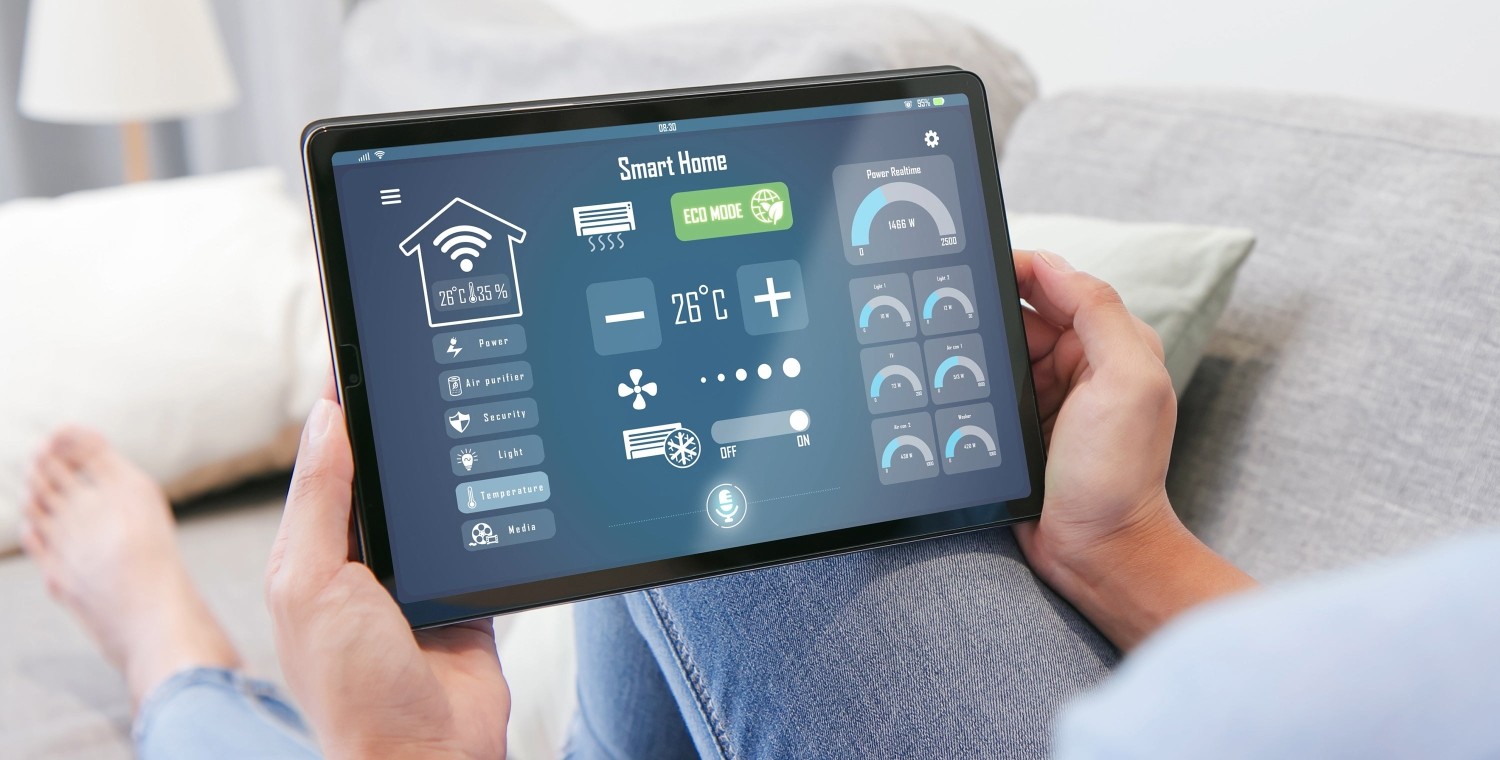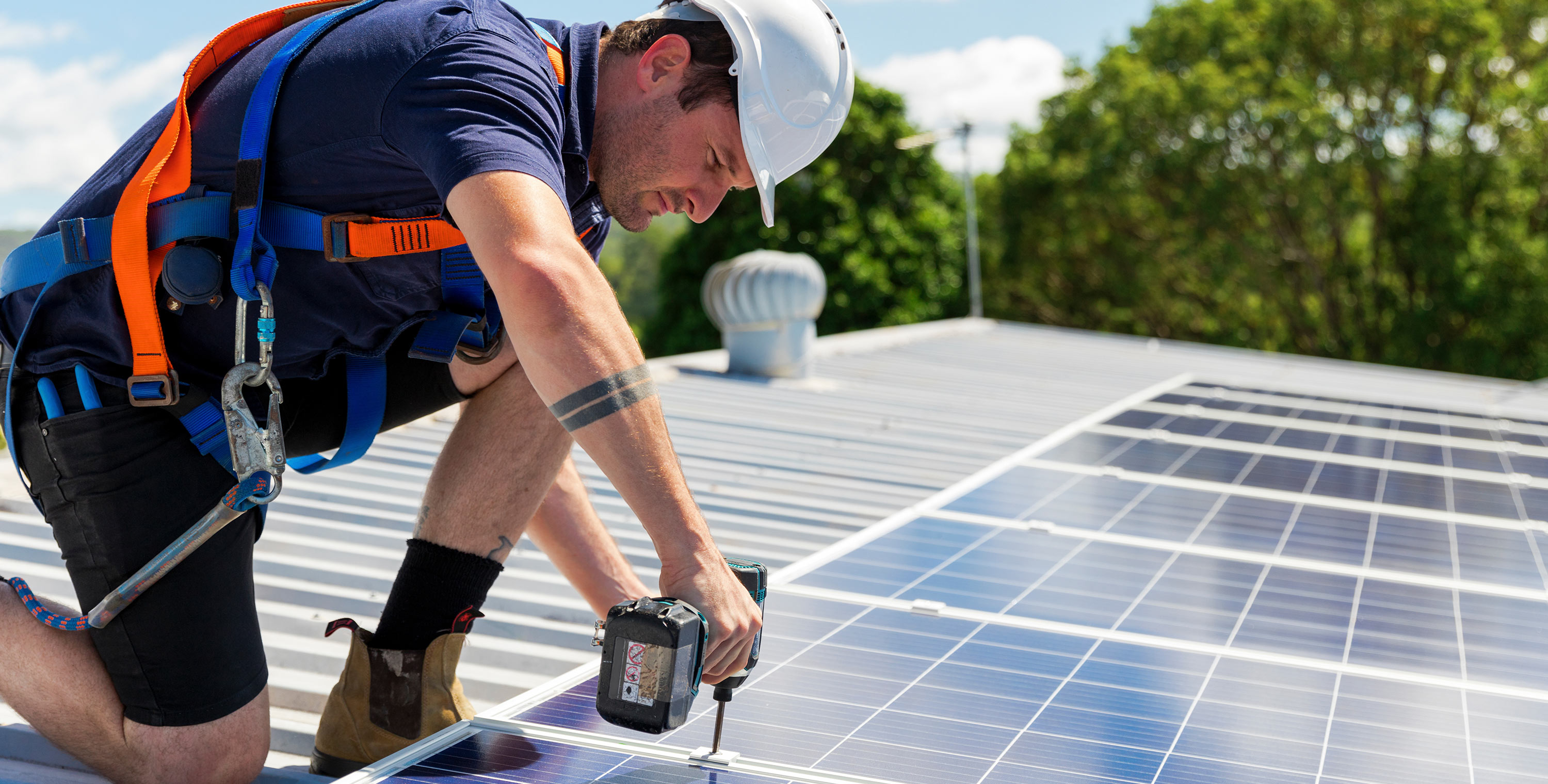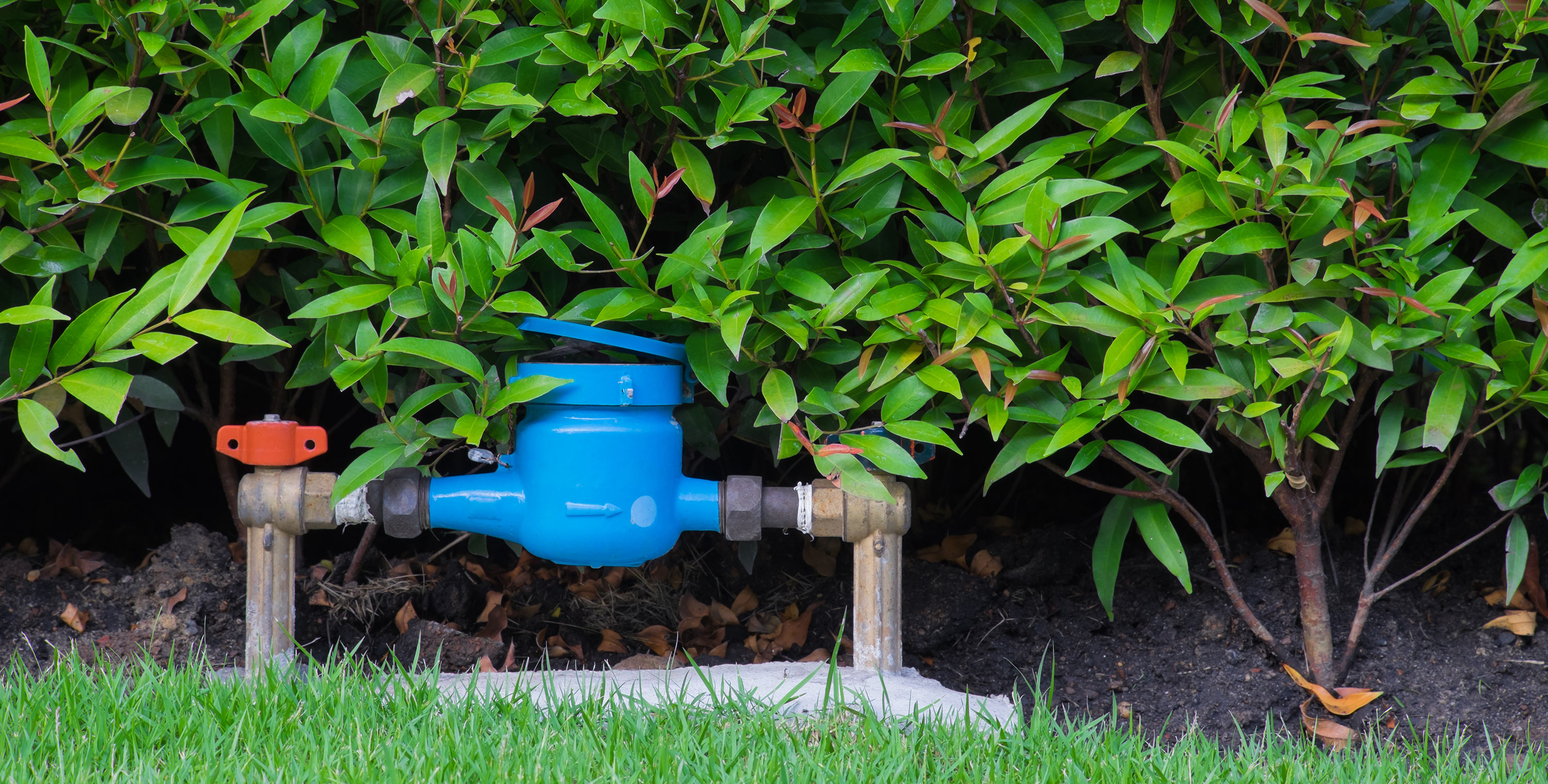How To Connect Your Utilities When Moving

Moving into a new home is an adventure filled with excitement and a fair share of stress. Among the checklist of things to do, connecting utilities tops the list for a smooth transition. Imagine settling into your cozy new space without the hassle of last-minute scrambles for electricity, gas, water, or internet.
This blog will guide you through the essentials of connecting utilities, whether you're moving to a new house, considering different energy options, or unsure about the timing of utility connection when buying a house.
What to Consider When Moving Into a New House
Moving into a new house or a rental property requires careful planning, especially when it comes to connecting utilities. From electricity and gas to internet plans, ensuring everything is set up before you move can save you from unnecessary stress.
Here are the key considerations to make your transition as smooth as possible:
Moving on a Weekend
Planning your move and wondering when to connect energy and utilities when buying a house? Considering the timing is crucial, especially if you're moving house over the weekend. While securing an electricity connection or natural gas supply on a weekend isn't impossible, it typically falls under an urgent connection fee.
To avoid these unnecessary costs and ensure a smooth transition to your new address, it's wise to arrange your electricity and gas connections at least 5 business days before your move-in date or move on a business day.
Benefits of Moving on Weekends
- Extra time to unpack without taking leave from work, making connecting electricity and other essential utilities setup smoother.
- Friends and family are more likely to be accessible to help with electricity-connected and power-connected tasks.
- No disruption to your weekday schedule, allowing for a more relaxed transition to your new property.
Drawbacks of Moving on Weekends
- Moving companies may charge higher rates, affecting your budget for connected energy services.
- Possible urgent connection fees for electricity and gas, adding unexpected costs.
- Limited customer support from utilities providers and energy sector services could delay switching providers or resolving issues.

Are You Moving Interstate?
Moving interstate introduces a new layer of complexity to your relocation, especially regarding connecting gas and electricity when moving house. If you're transitioning from states like NSW, VIC, or SA to Queensland, you're entering a fully competitive energy market. This means you have the freedom to choose your energy provider and the energy plan that best suits your new home's needs.
However, not all energy providers operate across all regions, and services can vary significantly. This could mean parting ways with your current energy provider in favour of one that operates in Queensland.
Remember, connecting gas and electricity when moving house should be a priority, and doing your homework can save you from surprises or delays in getting utilities connected at your new address.
Key Considerations for Moving Interstate in Australia:
- Transitioning between different energy markets.
- Limited availability of some energy providing companies in new states.
- Variability in electricity and gas plans across regions.
- Potential delays in connecting utilities.
What Energy Connections Are There in the Property?
Before you move, understanding the specific energy connections available at your new property is crucial. Questions to consider include the type of hot water system, whether the kitchen features a gas or electric cooktop, and whether there's a natural gas connection for heating.
This information is vital to determine if you'll need just an electricity connection or if a natural gas plan should be part of your setup. For those moving into a new build, be aware that utilities can take between 10 to 20 days to connect energy if a new meter installation is required. It's essential to confirm with your builder that both electricity and gas meters are in place or will be by your move-in date.
Always communicate with your electricity supply provider or energy retailer well in advance, especially to understand any connection fees or to arrange a quick connection if necessary.

Does the House Have Solar Panels?
If your new house comes with solar panels, this can significantly impact how you manage your bills and energy plan. First, find out what the solar system powers and if you could benefit from a solar feed-in tariff. This is crucial because a feed-in tariff can significantly reduce energy prices by crediting you for excess power your panels return to the grid.
For those renting, the situation might differ. Sometimes, landlords choose to claim the solar feed-in tariff, not the tenant. It’s important to clarify this arrangement to understand your potential savings on bills.
When updating your energy provider about your move, mention the solar panels. This detail is vital because your provider might offer a particular electricity plan that includes a feed-in tariff, optimising your benefits from the solar system.
Major Benefits of Moving to a House With Solar Panels
- Lower energy bills due to credits from the solar feed-in tariff.
- Eco-friendly living by utilising renewable energy.
- Potential for a particular electricity plan that maximizes solar benefits.
- Increased energy independence, reducing reliance on the grid.
If you're still undecided about solar power, we’ve created an article that explores all the benefits of solar energy, and how SolarPay is included on standard across all all Studio, Gallery and Elwood Collection homes.
Ensure Meter Access at Your New Home
Ensuring clear and safe access to your energy meter at your new home is crucial for a smooth electricity connection. Whether you're moving into a rental property or your place, having unobstructed access to the meter ensures that energy service providers can easily connect electricity, avoiding delays to your energy plans.
For existing customers moving house, this means checking both your current address and new address to ensure that energy meters—whether for electricity, gas, or other utilities—are easily accessible.
Final Meter Readings of Your Old Place Electricity Connection
Lastly, on a moving day, taking the meter readings at both your old and new home is a step you shouldn't overlook. This simple action can provide clarity on your energy costs and ensure that your energy bill reflects the correct amount for your usage.
Whether you're moving house or switching to a new energy distributor, accurate meter readings at your old and new addresses serve as a safeguard against potential discrepancies in your first bill. Plus, informing your current energy provider and new energy account holder with these readings ensures a seamless transition and accurate bills from the get-go.
Connection Fees
When moving house, it's essential to be aware of potential connection or reconnection fees for your utilities. These fees can vary depending on your energy provider and the type of utility being connected, such as electricity, gas, or internet.
While electricity connections might require a fee for both disconnection at your old address and connection at your new property, gas-connected and internet plans may have their own set of charges. Energy-providing companies often apply these fees directly to your first bill, so it's crucial to factor them into your moving budget.
Connecting Each Utility
Connecting your utilities is a crucial step in making your new house feel like home. From electricity and gas to the internet, ensuring everything is set up before you arrive can make your transition smooth and stress-free.
Here is how to connect each utility, ensuring you're well-prepared and connected from day one:
Electricity Supply & Gas
Connecting electricity and gas to your new home is a key step in ensuring a smooth transition when moving house. The process typically involves contacting your chosen gas or electricity providers to set up a new account or transfer your existing service.
If you’re changing providers, it’s also a chance to compare energy cost and power supply options to secure the best deal. Here’s a simple guide to follow:
- Cancel/Disconnect Existing Connections: Contact your current provider at your previous address to disconnect services the day after you move out. This helps avoid paying for utilities you no longer use.
- Provide Your Details: When setting up a new service or transferring an existing one, you'll need to provide personal details to your energy provider. This includes your property address and the date you require the service to start.
- Choose a Plan: Energy rules differ across locations, so it’s a good opportunity to review energy plans. You might find a better deal or a plan that suits your new home’s energy needs more closely.
- Schedule Connection: Arrange for your electricity and gas to be connected at your new home. It’s recommended to give at least business days' notice to ensure your supply is ready by the time you move in.
Want to further reduce your energy consumption and potentially lower your bills in your new home? We've got you covered! Check out our article on 13 ways to save on electricity.

Water
When moving house, setting up your water service is a bit different from other utilities. Unlike electricity and gas, water is always on and doesn't require activation or deactivation when you move. However, you do need to ensure the water service is transferred to your name. It's worth noting that water services can be regional, so the provider may vary depending on your location.
The process typically includes providing your details, new address, and possibly the date of your move. If you're renting or have purchased a new home, getting an initial water meter reading is crucial. This ensures you're only billed for the water you use, avoiding charges for previous occupants' usage.
To transfer the water service, you might need to contact your local council or a specific water utility provider, depending on how water services are managed in your area. They will guide you through the steps required, which may include submitting a form or providing documentation to prove residency or ownership.
Internet & Phone
Getting internet in your new home is an essential step when moving. Start by contacting your preferred service provider, whether you're looking to continue with your same provider or switch to a new one that better suits your needs.
If you're setting up a new service, you'll have the opportunity to explore different Internet plans and bundles that may include both Internet and phone services. For those transferring an existing service, ensure you provide any existing connection details, such as account numbers or smart meter IDs if applicable.
Most providers ask for a few business days' notice to ensure the connection is active by the time you move in. It's also a good time to inquire about any lock-in contracts or fees associated with moving or setting up new services.
How Much Notice Do You Need to Give Providers?
To ensure a seamless transition to your new home, giving your utilities providers sufficient notice is key. For services like electricity, gas, and internet plans, providers generally require notice several business days in advance. A minimum of five to ten working days is advisable to guarantee that your electricity and internet are connected and operational from day one.
Should I Switch Providers When I Move House?
Moving house presents a prime opportunity to reassess your electricity and gas providers. Shopping around can lead to significant benefits, such as finding a more competitive power bill or better energy plans suited to your new home's needs.
Here are some pros and cons to consider:
Pros of Switching Energy Providers
- You might snag an introductory deal or discount as a new customer.
- Some providers allow you to bundle your internet plan and energy services, potentially saving you more money.
Cons of Switching Energy Providers
- Switching requires you to contact your previous provider to close your account, adding another task to your moving checklist.
- If you're under a lock-in contract, early termination might incur fees.

Conclusion
The journey to connect electricity and gas, along with other essential utilities, can be seamless with a bit of planning. Remember, giving your providers enough notice, ideally several business days in advance, ensures your electricity-connected and power-connected services are up and running when you step into your new home.
Exploring the energy sector for better deals and switching providers could also benefit you significantly, offering savings and plans more suited to your needs. For all residential customers, following these steps not only simplifies the moving process but also sets you up for a comfortable start in your new abode.



